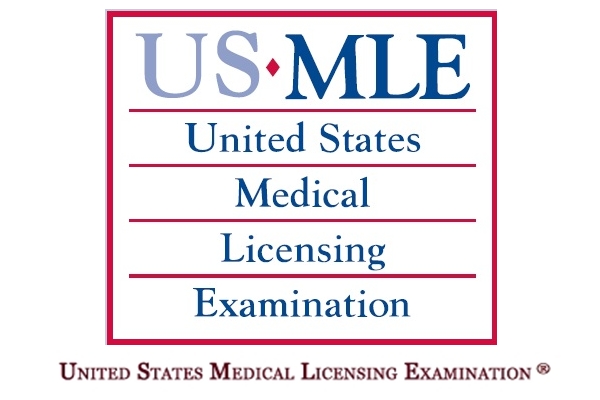



|
Tweet
Pin
It
|
In the United States and its territories, individual medical licensing authorities (State medical boards) of the various jurisdictions grant a license to practice medicine. Each medical licensing authority sets its own rules and regulations and requires passing an examination that demonstrates qualification for licensure. This examination termed as the United States Medical Licensing Examination (USMLE) is a series of professional examination sponsored by the Federation of State Medical Boards of the United States, Inc. (FSMB) and the National Board of Medical Examiners (NBME). Results of the USMLE are reported to the medical licensing authorities for use in granting the initial license to practice medicine to a doctor. The USMLE provides them with a common evaluation system for applicants for medical licensure.
USMLE is a computer-based test that consists of three steps. It is designed assesses a physicians ability to apply knowledge, concepts and principles and to demonstrate fundamental patient-centered skills, that are important in health and disease and that constitute the basis of safe and effective patient care. All the three steps of the USMLE must be completed within seven-year period to obtain a state medical license; no step can stand alone in the assessment of readiness. Since 1992, the USMLE replaced both the Federation Licensing Examination (FLEX) and the Certifying examinations of the NBME. Now United States Medical Licensing Examination (USMLE) serves as the single examination system for United States medical students and International Medical Graduates (IMGs) seeking medical licensure in the United States.
International Medical Graduates who have completed their MBBS and want to complete their residency in USA must have to apply for the United States Medical Licensing Examination (USMLE). The organisation that watches over the application of foreign nationals to the American Medical system is the ECFMG (Educational Commission for Foreign Medical Graduates). ECFMG are the administrators the USMLE outside USA.
The Three Steps of the USMLE
As the examinee goes through the various steps of the examination, their ability to apply their knowledge, concepts and principles in relation to patient care are assessed. The examination should be completed within a seven-year period in order to obtain a medical license, and not more than 6 attempts to pass each step are allowed.
USMLE Step 1 assesses whether medical school students or graduates understand and can apply important concepts of the sciences basic to the practice of medicine, with special emphasis on principles and mechanisms underlying health, disease and modes of therapy. Step 1 ensures mastery of not only the sciences that provide a foundation for the safe and competent practice of medicine in the present, but also the scientific principles required for the maintenance of competence through lifelong learning.
USMLE Step 2 assesses whether medical school students or graduates can apply medical knowledge, skills and understanding of clinical science essential for the provision of patient care under supervision, with emphasis on health promotion and disease prevention. Step 2 ensures that due attention is devoted to principles of clinical sciences and basic patient-centered skills that provide the foundation for the safe and competent practice of medicine.
USMLE Step 2 has two parts namely Step 2 Clinical Skills or Step 2 CS
and Step 2 Clinical Knowledge or Step 2 CK.
Step 2 CS - The clinical skills examination is a separately
administered component of Step 2 and is referred to as Step 2 Clinical
Skills or Step 2 CS. USMLE Step 2 CS is designed to assess clinical skills
through simulated patient interactions, in which the examinee interacts
with standardized patients portrayed by actors.
Step 2 CK - The computer-based, multiple-choice component
of Step 2 is referred to as Step 2 Clinical Knowledge or Step 2 CK. USMLE
Step 2 CK is designed to assess clinical knowledge through a traditional,
multiple-choice examination.
USMLE Step 3 is the final exam in USMLE series designed to assess whether medical school students or graduates can apply medical knowledge and understanding of biomedical and clinical science essential for the unsupervised practice of medicine, with emphasis on patient management in ambulatory settings. Step 3 provides a final assessment of physicians assuming independent responsibility for delivering general medical care.
Step 1 and Step 2 CK can be taken any where around the world at Prometric Test Centers (PTCs). However, the Step 2 CS and Step 3 can only be taken in the United States and its territories only. Once the passing score for step1 or step 2CK is achieved, one cannot retake the exam in order to achieve a higher score, therefore it is important to be prepared to achieve high score.
Tags
exam to study abroad
,
arts and science scholarship abroad
Find it Useful ? Help Others by Sharing Online
Comments and Discussions |
Related
Exams
|
|||
|
|